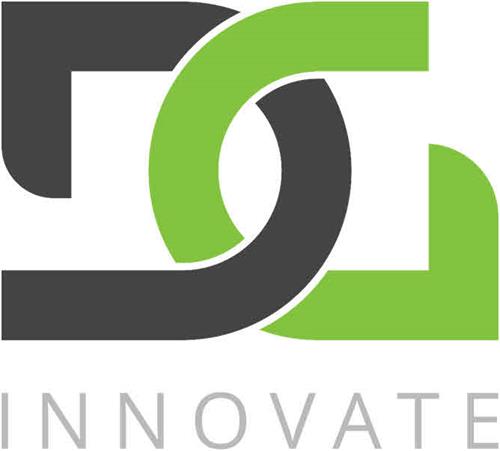Sodium-ion batteries are gaining attention as a more affordable and safer option compared to lithium-ion batteries. These batteries utilise materials that are more abundant and cost-effective, such as sodium and aluminium, which can lower production costs by as much as 10% compared to their lithium-based counterparts. Although sodium-ion batteries have a slightly reduced energy density, they offer certain advantages, including a broader voltage range and improved safety, which makes them suitable for specific energy storage applications.
There have been notable developments in cathode materials like Prussian Blue Analogs and polyanionic compounds, which have contributed to better performance and enhanced commercial viability. These materials provide solid cycling stability while keeping production costs lower, though there are still obstacles to overcome, such as improving thermal stability and electronic conductivity. On the other side, hard carbon has emerged as a leading choice for anode materials due to its high efficiency and long lifespan.
While sodium-ion batteries are still in the early stages of commercial use, they are expected to become important for stationary energy storage systems and other uses where cost and safety are prioritised over the need for maximum energy density. With ongoing research and advancements, sodium-ion batteries have the potential to become a prominent solution for cost-effective and sustainable energy storage.
Sodium-ion batteries show promise as a viable alternative to lithium-ion technology, particularly in applications where affordability and safety are critical. With continued progress, they could become a key player in the future of energy storage.
DG Innovate plc (LON:DGI) is an advanced research and development company pioneering sustainable and environmentally considerate improvements to electric mobility and storage, using abundant materials and the best engineering and scientific practices. Deregallera is a subsidiary of DG Innovate.


